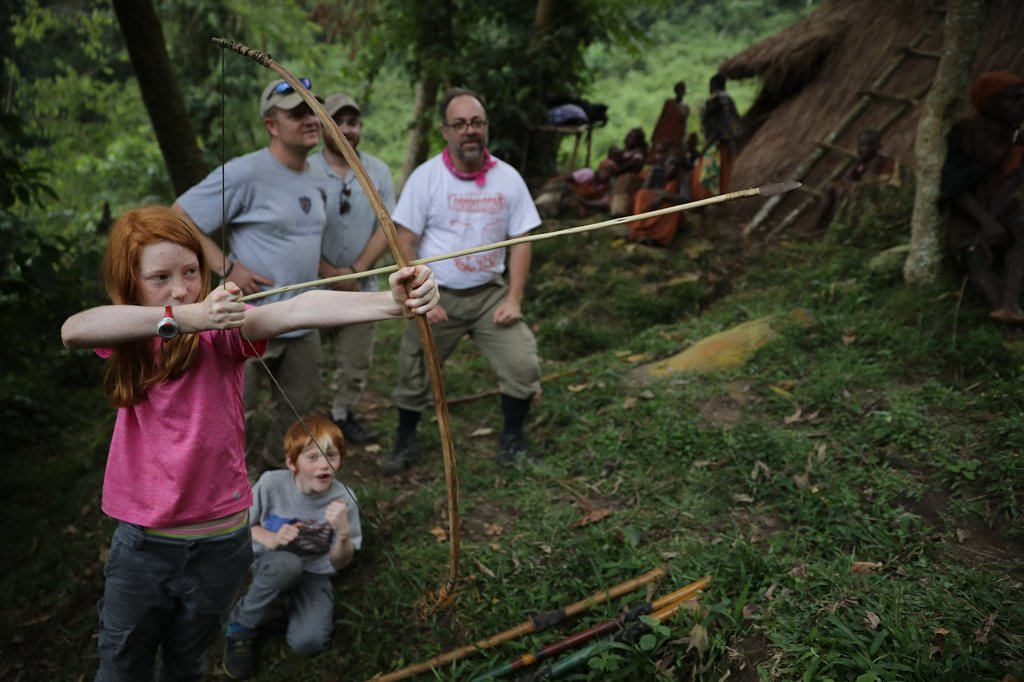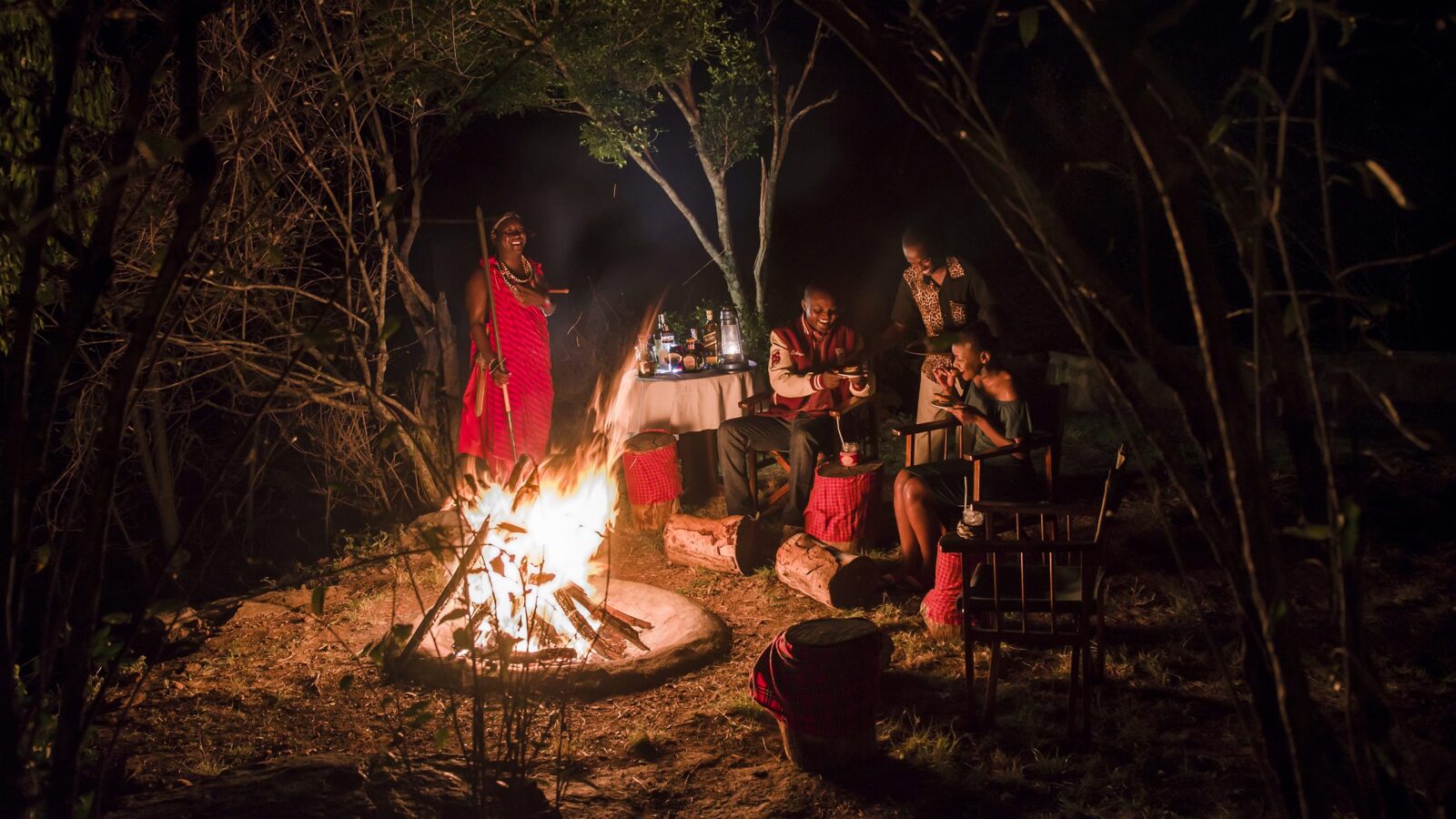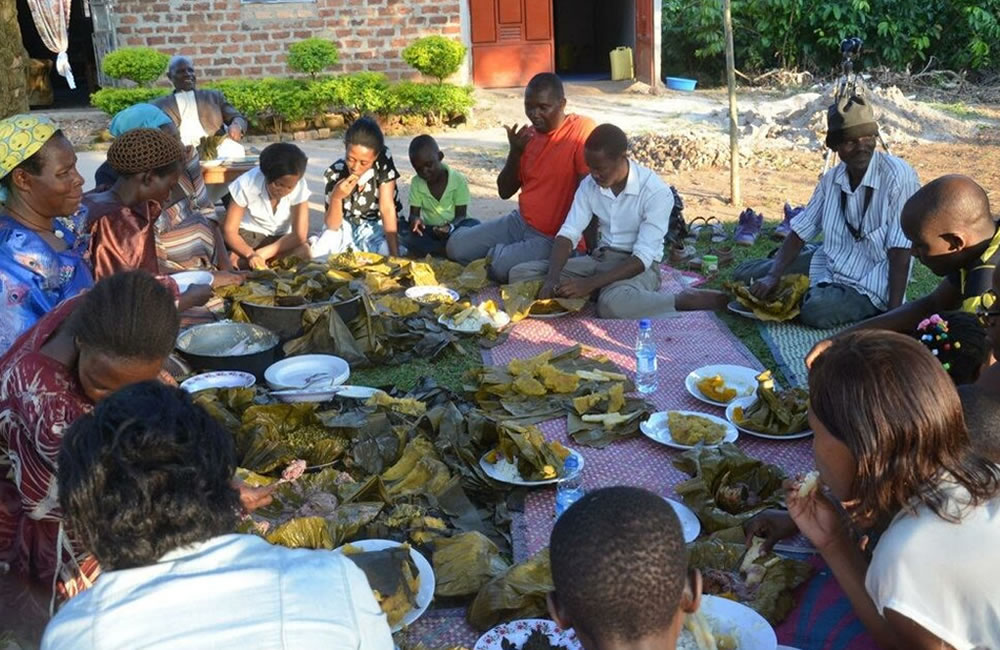The Tale of the African Life
A Journey Beyond the Safari
Beyond the call of the wild and the rhythm of the drums lies another heartbeat of Africa — its people. The Tell of the African Life invites travelers to step into the rhythm of everyday existence across the continent’s heartlands — from sun-drenched villages to misty highlands where life moves with the steady pulse of tradition.
This experience opens the door to a world where stories are not just told, but lived — around the fireside, in the market, in the laughter of children, and in the hands of artisans shaping heritage from earth, fiber, and color. It’s a celebration of simplicity, resilience, and the unspoken beauty of daily life that defines the African spirit.









